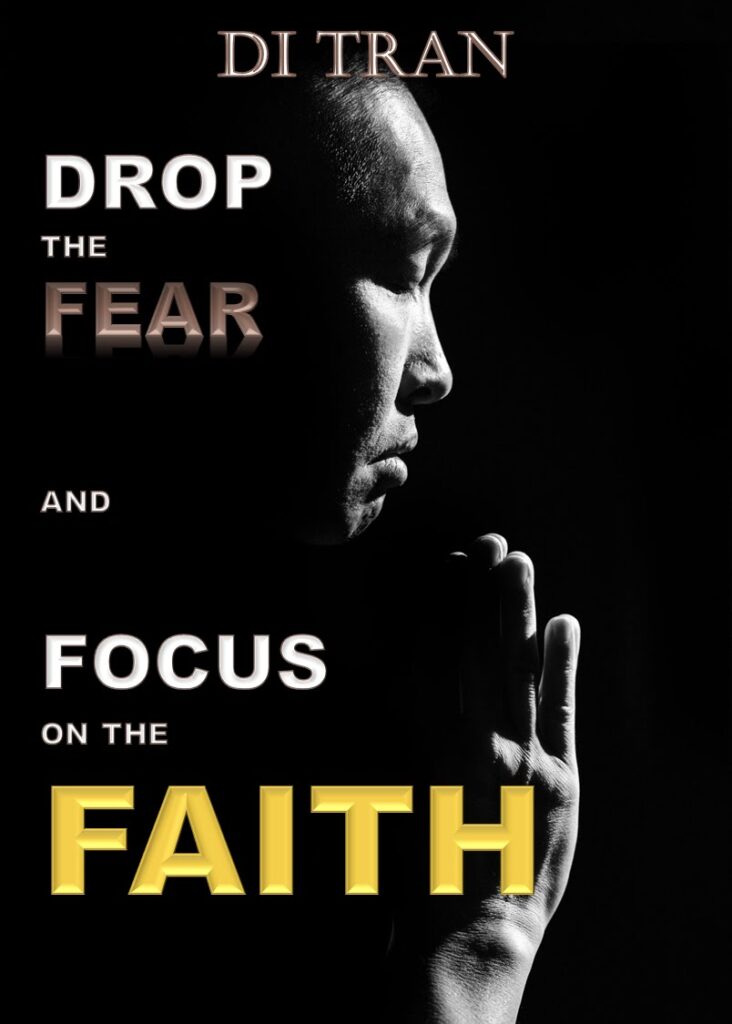Dylan Tran, a five-year-old boy, is an embodiment of imagination and creativity. His ability to create stories out of small experiences is remarkable, and it’s a testament to how children’s minds work. In his kindergartener class, Dylan had the opportunity to play with fish and snails, and he was excited to share his experience with his dad.
As he narrated his story to his dad, Dylan’s imagination took him on an adventure that involved eating a pet, flying to the moon, and eating it all up. Though it might seem like a silly story, Dylan’s imagination is a powerful tool that can help him navigate the world.
Imagination is a critical part of our lives, and it is what propels us forward. As we grow older, the demands of life can sometimes cloud our imagination, and we lose touch with the creative part of ourselves. However, if we can tap into our imagination and use it to visualize our goals and aspirations, we can make progress in our lives.
Dylan’s ability to create stories from his experiences is a great example of how we can use our imagination to make progress. By seeing beyond what is immediately in front of us, we can imagine a different future, a better future. This future might involve taking risks, stepping outside our comfort zones, and doing things differently. But by tapping into our imagination, we can create a roadmap to get there.
Creativity is also an important aspect of making progress in life. Dylan’s ability to create stories is an example of how creativity can help us overcome obstacles and find solutions to problems. When we are creative, we can find new ways of doing things, and we can come up with ideas that we might not have thought of before.
In today’s world, creativity is highly valued. The ability to think outside the box and come up with innovative solutions is what sets people apart. Creativity is not just limited to artists or writers; it is a skill that can be applied to any area of life, whether it’s business, technology, or science.
Dylan’s story is a reminder that imagination and creativity are powerful tools that we should never underestimate. As we grow older, it’s important to hold onto these traits and use them to make progress in our lives. By tapping into our imagination and creativity, we can envision a brighter future and work towards making it a reality.
Dylan’s story about his kindergarten experience with fish and snails might seem like a simple story, but it’s a reminder of the power of imagination and creativity. These traits are essential for making progress in life, and we should cultivate them to ensure that we never lose touch with the creative part of ourselves. Whether we’re five or fifty-five, we can use our imagination and creativity to envision a better future and work towards making it a reality.





